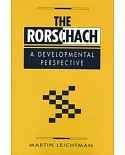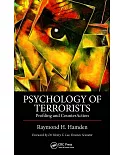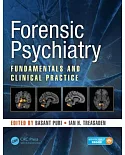What is dreaming? Why are dreams so strange and why are they so hard to remember? In this fascinating book, Harvard researcher Allan Hobson offers an intriguing look at our nightly odyssey
through the illusory world of dreams.
Hobson describes how the theory of dreaming has advanced dramatically over the past fifty years, sparked by the use of EEGs in the 1950s and by recent innovations in brain imaging. We have
learned for instance that, in dreaming, some areas of the brain are very active--the visual and auditory centers, for instance--while others are completely shut down, including the centers for
self-awareness, logic, and memory. Thus we can have visually vivid dreams, but be utterly unaware that the sequence of events or locales may be bizarre and, quite often, impossible. And because
the memory center is inactive, we don't remember the dream at all, unless we wake up while it is in progress. Hobson also shows that modern research has disproved most of Freud's The
Interpretation of Dreams (as one scientist put it, "Freud was 50% right and 100% wrong"), but we have gained new insight into the nature of mental illness. The book also discusses dream
disorders (nightmares, night terrors, sleep walking), the possible link between dreaming and the regulation of body temperature, the effects of sleep deprivation, and much more.
With special boxed features that highlight intriguing questions--Do we dream in color? (yes), Do animals dream? (probably), Do men and women dream differently? (no)--Dreaming offers a
cutting-edge account of the most mysterious area of our mental life.





















